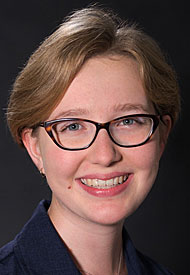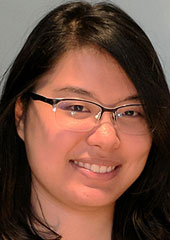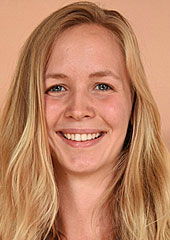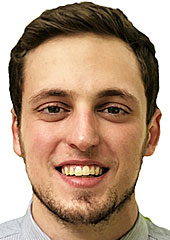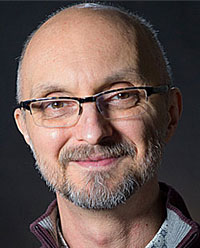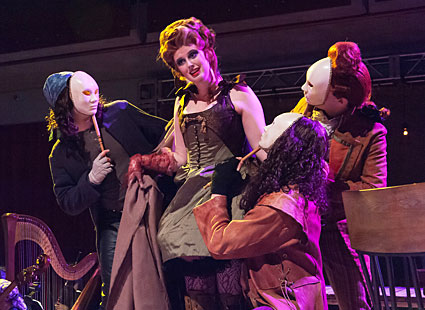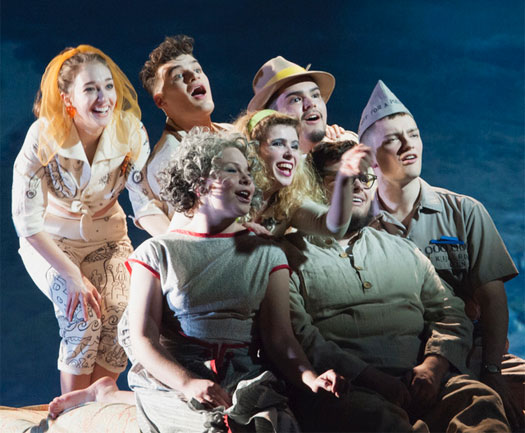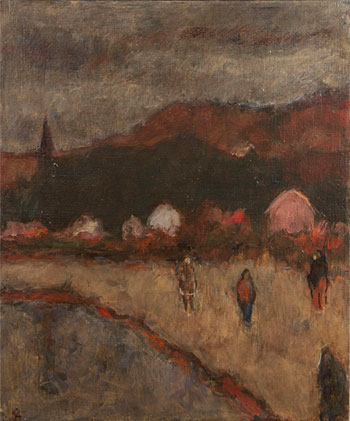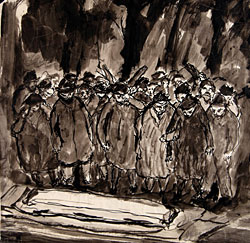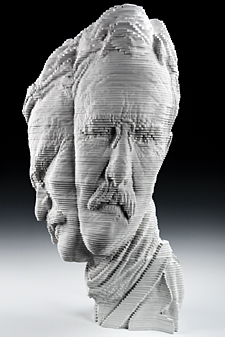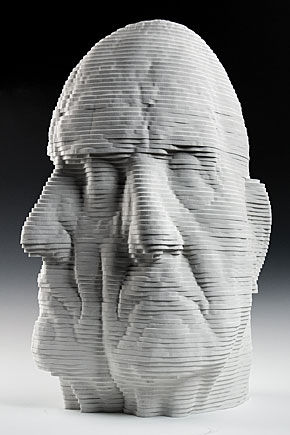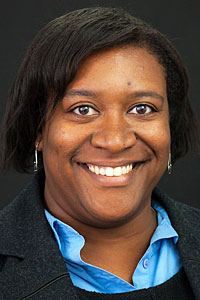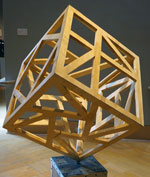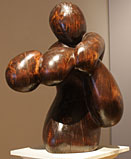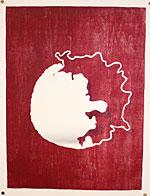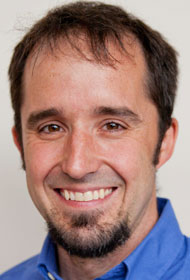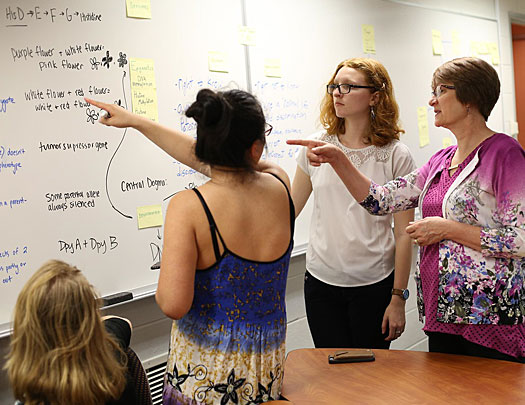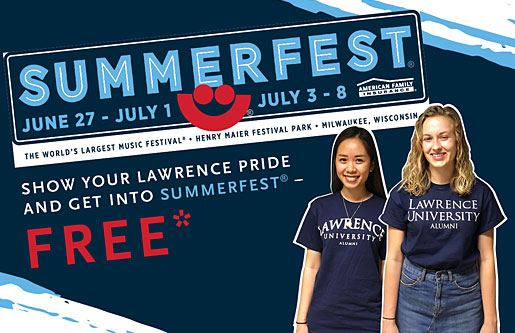Lawrence University psychologist Lori Hilt has been awarded an $18,000 grant by the American Psychological Foundation Award to support her research on rumination intervention for adolescents.
The John and Polly Sparks Early Career Grant supports early career psychologists conducting research in the area of intervention and treatment for serious emotional disturbance in children.
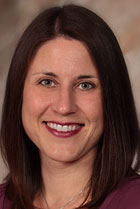
Hilt is looking to engage approximately 80 local adolescents in her study that will begin this fall.
“We’re targeting kids who are high on rumination, which is the cognitive process that our intervention is focused on,” said Hilt, a child clinical psychologist who specializes in the development of emotion regulation. “Kids who tend to dwell on negative information and rehash it in their minds are more at-risk for developing depression and anxiety. We’re trying to get kids who are already engaging in that process to see if this intervention can change the way they think.”
Rumination, a clinical term, refers to brooding about negative thoughts and emotions, “chewing” over things in one’s mind.
“Some kids develop these maladaptive strategies like rumination,” Hilt explained. “What I want to do is see if we can intervene and teach them more adaptive strategies like mindfulness — being in the present moment — to try to prevent them from developing things like depression and anxiety.”
Hilt’s research will involve the use of a mobile application she developed with the assistance of several Lawrence students that sends notifications to the user several times throughout the course of the day. It asks the user a series of questions — Are you feeling sad? Are you feeling anxious? — and then assigns a mood rating. Depending upon how high the rating is, the user may get assigned a mindfulness exercise, either a written instruction on the app or a prerecorded audio one that will guide the person through a specific exercise, helping them focus on the present moment.
“Afterward, the app will ask questions again so we can see the short-term effects,” said Hilt, a 1997 Lawrence graduate who joined the faculty in 2011. “We’ll also have participants log-in to a website to answer questionnaires before they start using the app, three weeks after they use it, and then again six weeks and 12 weeks later to see if there are any long-term effects.”
Hilt says her study is “a first step” in what she hopes will result in a wider program.
“We have some evidence from a pilot study that it is effective, but we really need to look at a larger group of kids and have power to statistically test whether the intervention is helping kids, said Hilt. “If results are favorable from this trial, I want to do a larger, randomized control trial where we compare the mindfulness mobile app to another type of mobile app to see how well it works under more controlled conditions. Then, if we get favorable results, we would disseminate this app, use it as a proof of concept.
“There are a lot off apps on the marketplace that say they’re helpful but haven’t been tested,” she added. “If we can show, in a laboratory situation, how well it works, then we can go and recommend this to kids as a prevention strategy locally and then spread it around the country.”
About Lawrence University
Founded in 1847, Lawrence University uniquely integrates a college of liberal arts and sciences with a nationally recognized conservatory of music, both devoted exclusively to undergraduate education. It was selected for inclusion in the book “Colleges That Change Lives: 40 Schools That Will Change the Way You Think About College.” Engaged learning, the development of multiple interests and community outreach are central to the Lawrence experience. Lawrence draws its 1,500 students from nearly every state and more than 50 countries.
